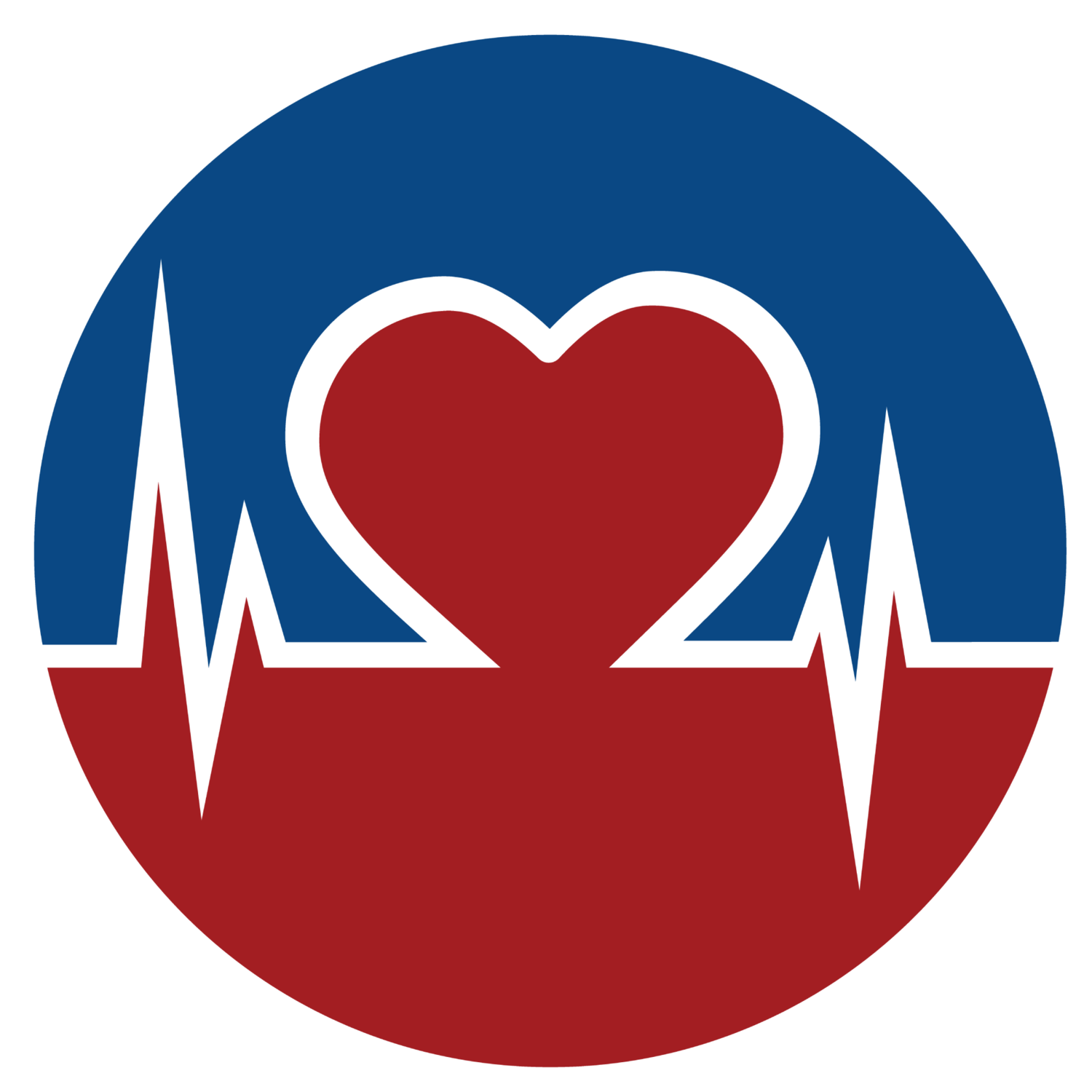Pediatric researchers have devised an innovative, safe and minimally invasive procedure that helps relieve rare but potentially life-threatening airway blockages occurring in children who had surgery for congenital heart defects. Physician-researchers developed new imaging tools to treat plastic bronchitis -- in which abnormal circulation causes lymphatic fluid to dry into solid casts that clog a child's airways.
More from Science Daily
